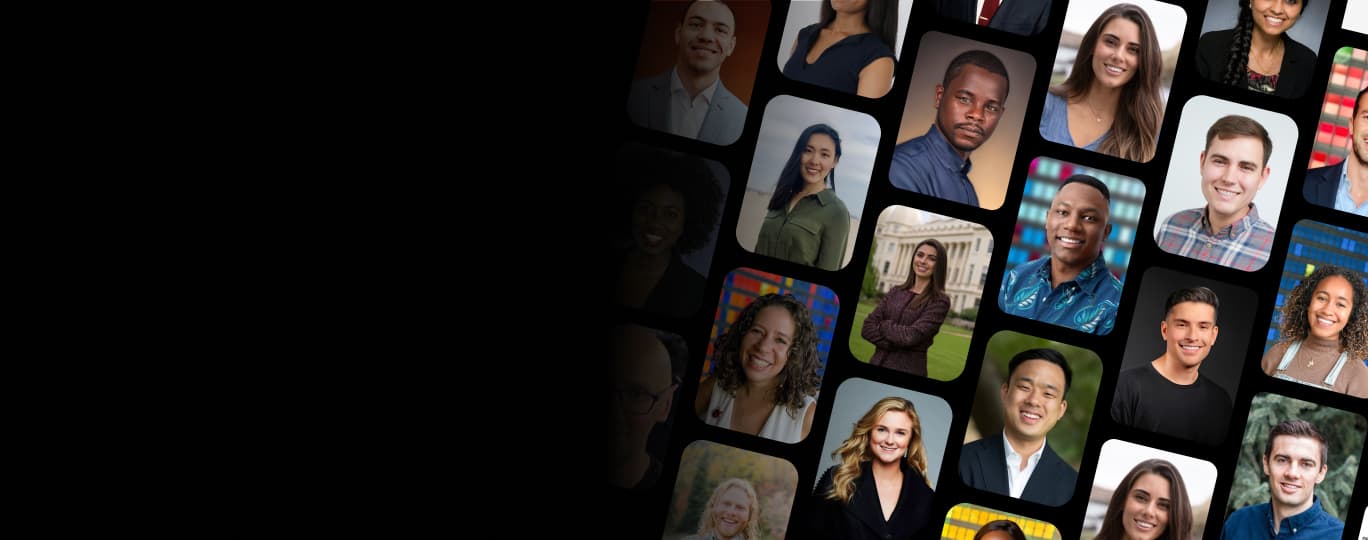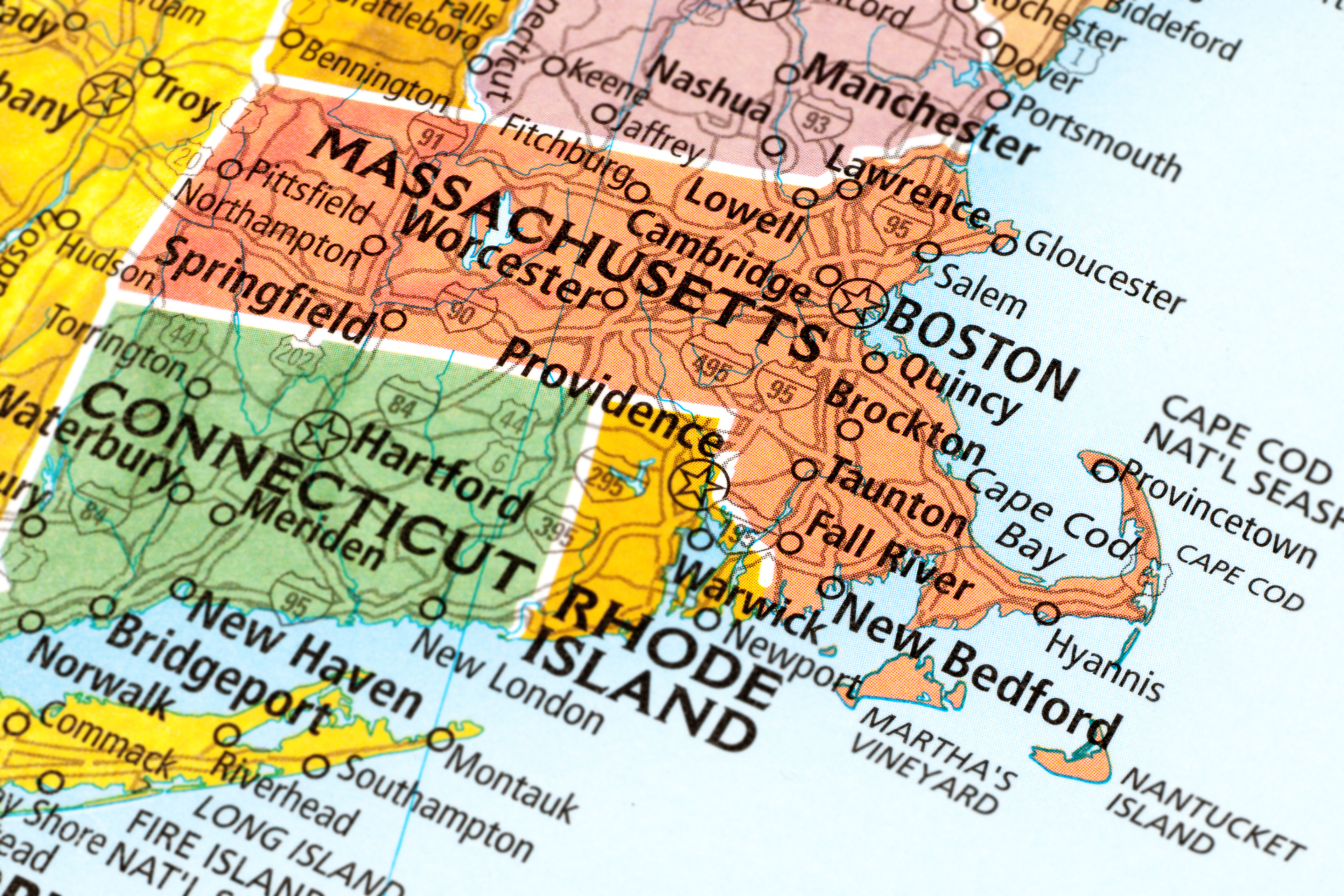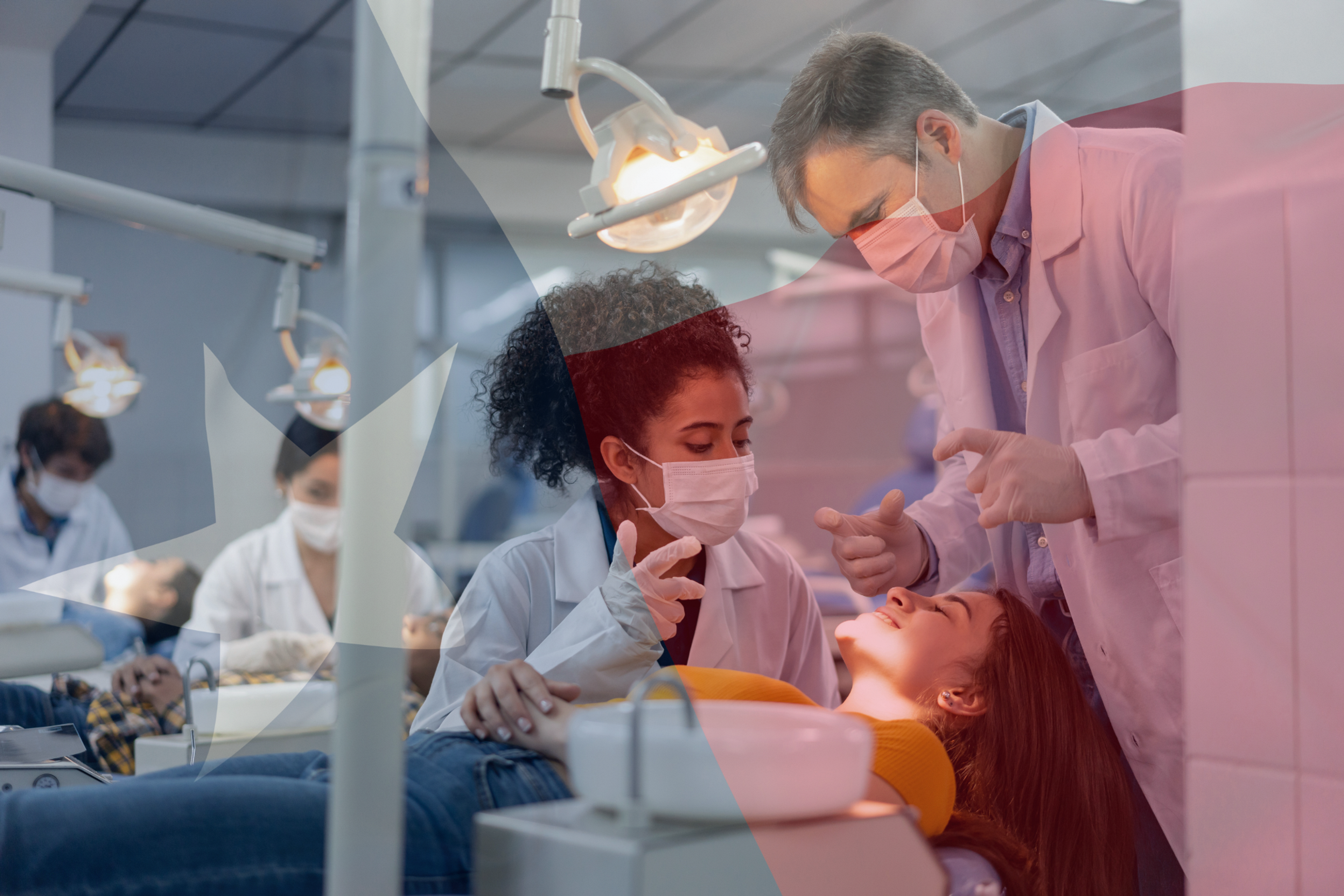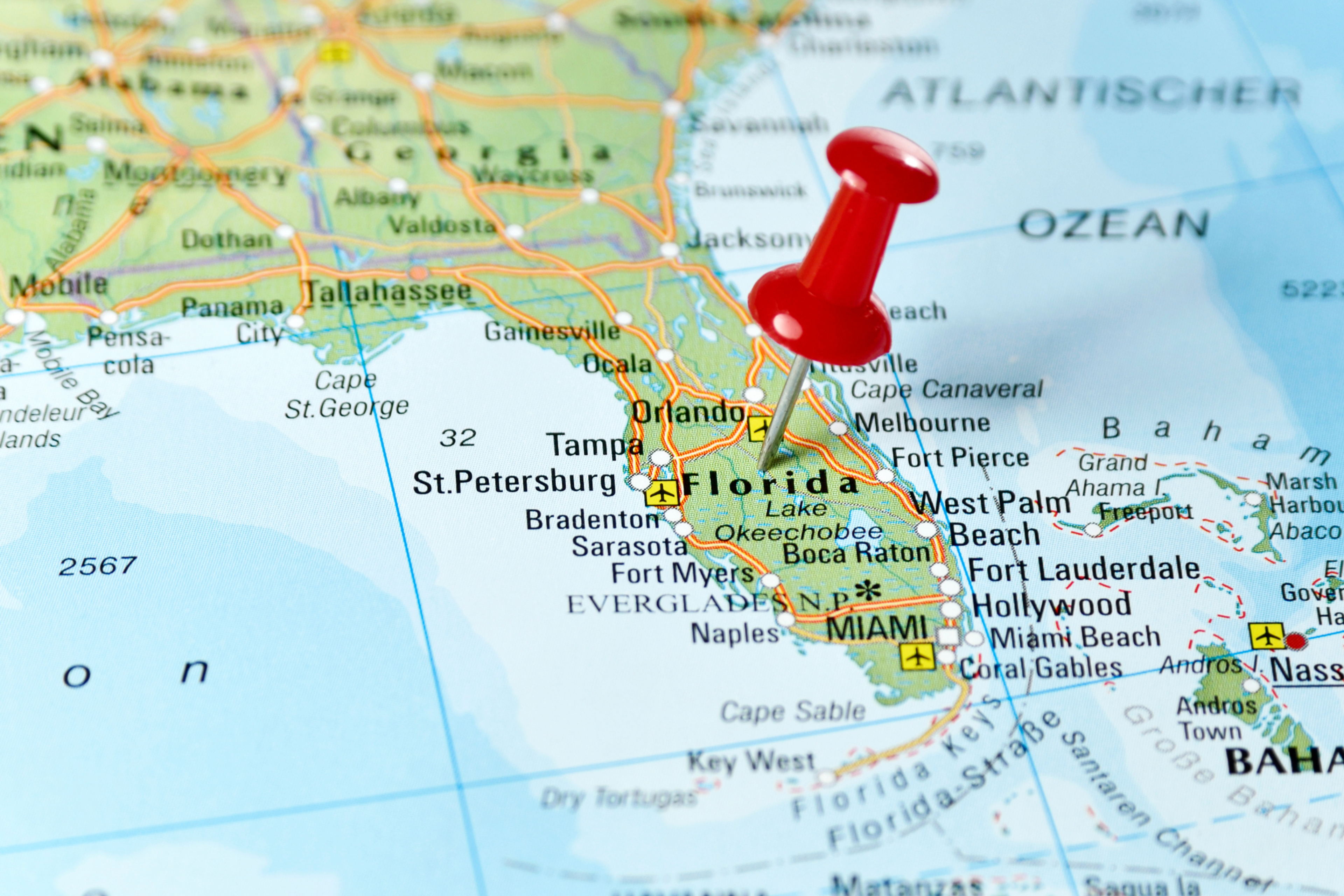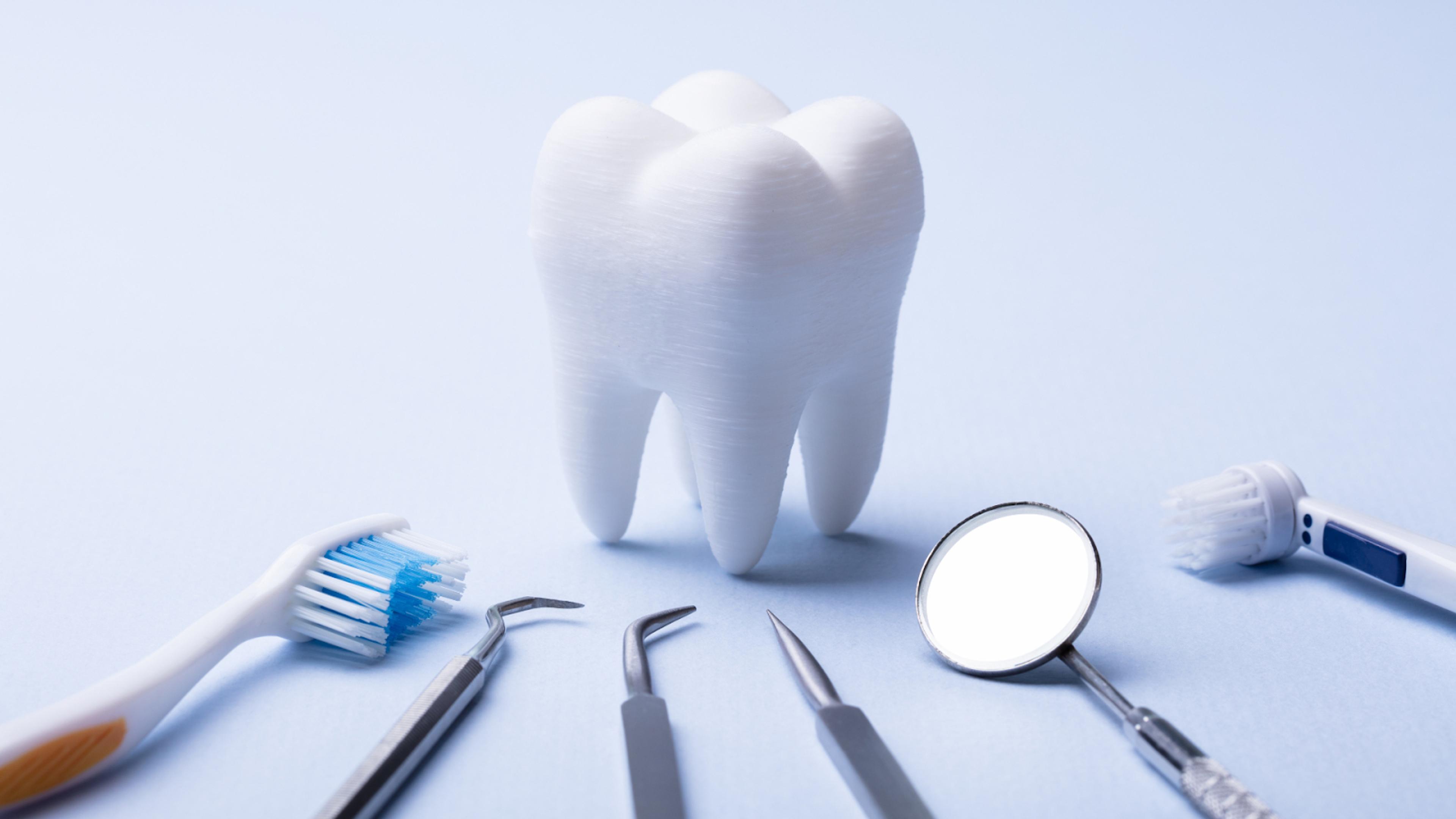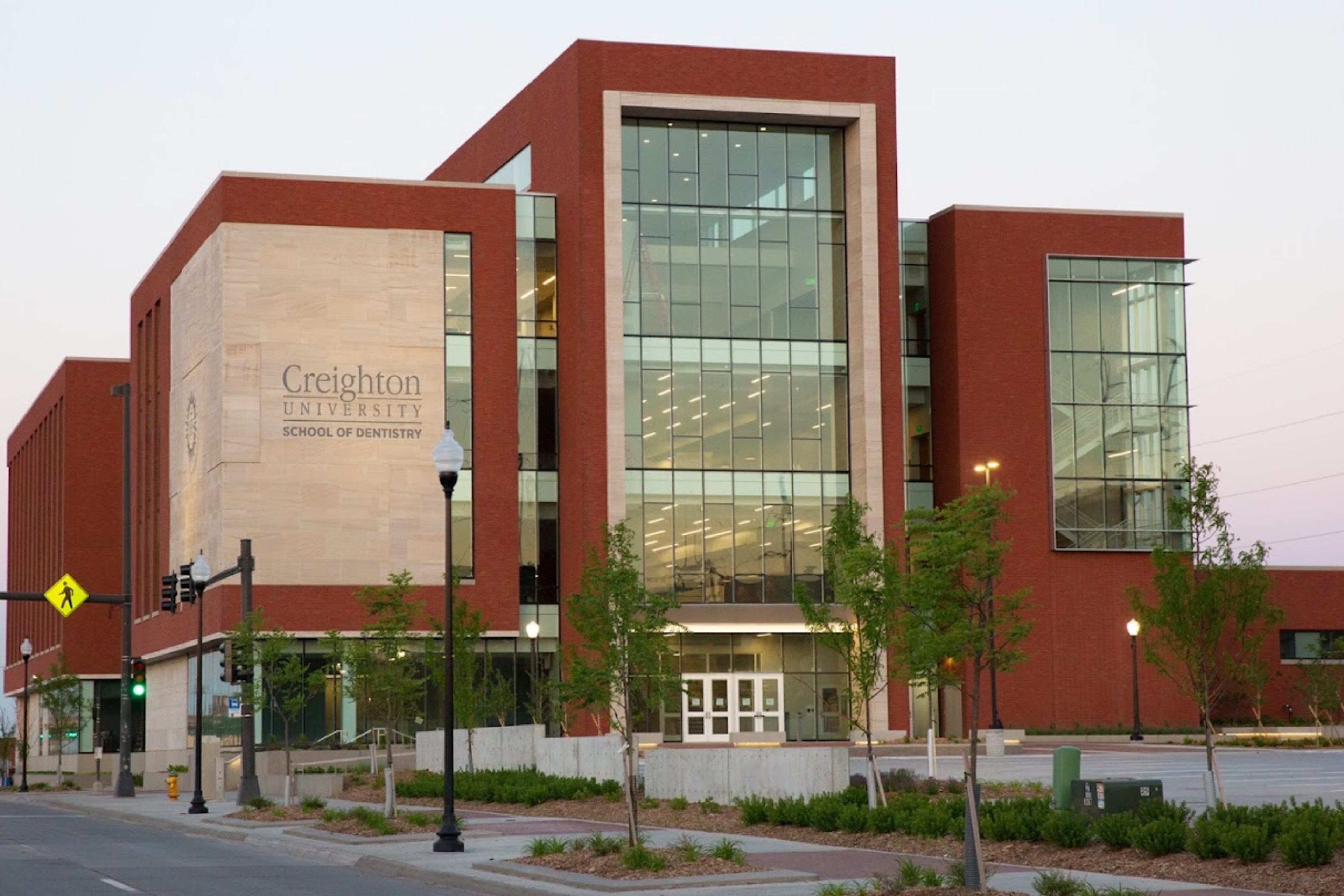How to Get Into Columbia Dental School: Acceptance Rate, Requirements, & Tuition
Are you considering applying to Columbia Dental School? Look no further! Our article provides you with admission tips and a comprehensive overview of the program.
Posted June 13, 2025
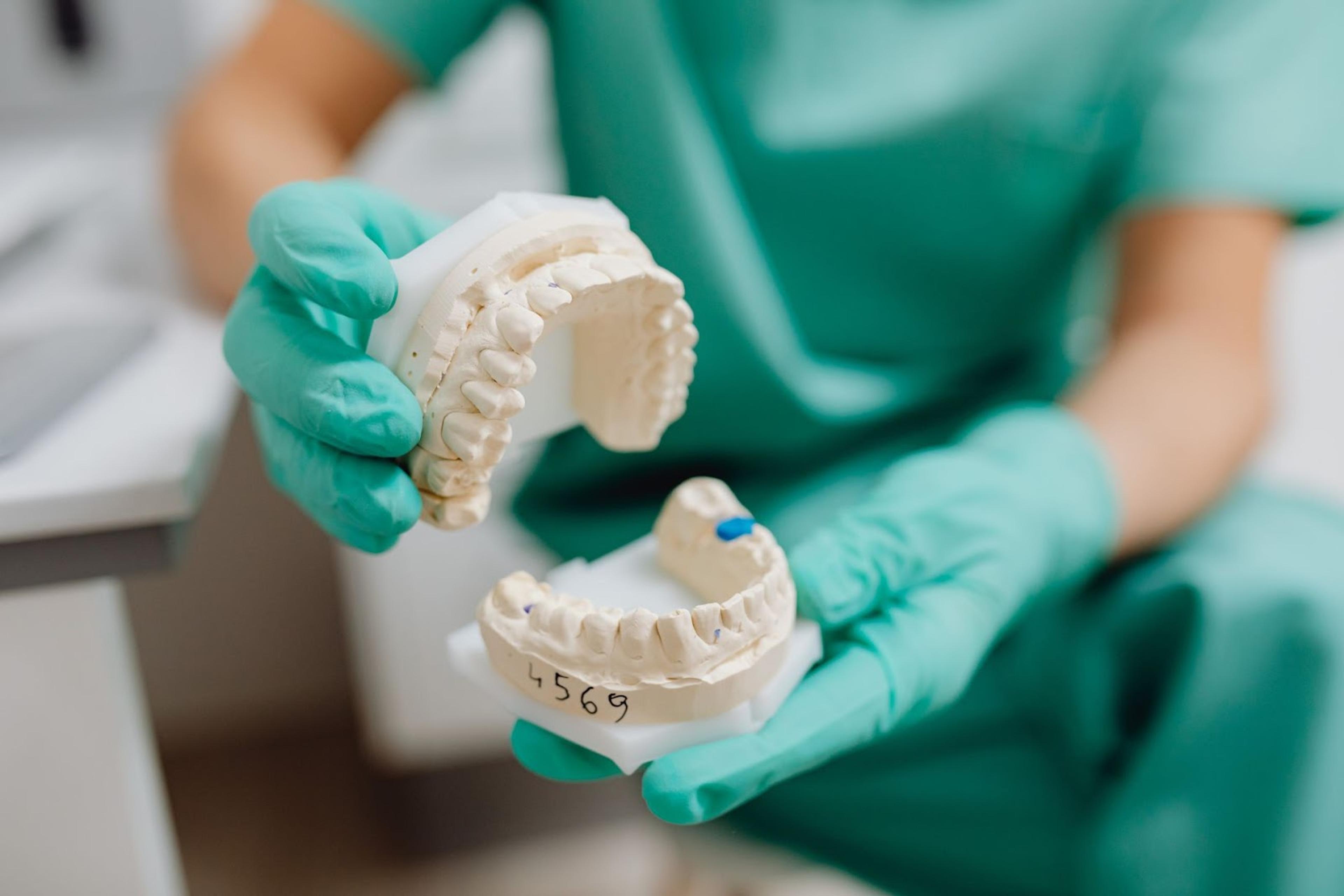
Join a free event
Learn from top coaches and industry experts in live, interactive sessions you can join for free.
Table of Contents
If you're aspiring to become a dental professional, Columbia Dental School—formally known as Columbia University College of Dental Medicine (CDM)—offers one of the most prestigious dental education programs in the country. As an Ivy League institution, Columbia provides comprehensive clinical training, research opportunities, and a strong foundation in dental medicine that prepares graduates for success in various specialties, including oral surgery, pediatric dentistry, and public health.
This guide will walk you through everything you need about Columbia Dental School, from its acceptance rate and admission requirements to its curriculum, tuition, clinical experience, and career prospects. Whether you're an in-state or out-of-state student, an applicant with a background in foreign languages, or someone interested in precision dental medicine, we will provide all the necessary details to gain admission to this elite DDS program.
Columbia Dental School Overview
Founded in 1916, Columbia University College of Dental Medicine (CDM) is a leader in dental education and research. Located in Upper Manhattan, its campus offers state-of-the-art research facilities, clinical training centers, and a dynamic environment for students. The school is part of Columbia University’s renowned medical and health sciences division, giving dental students access to a collaborative environment with medical students and other healthcare professionals.
Read: The Top 25 Dental Schools – and How to Get In
Columbia Dental School Acceptance Rate
As of the most recent data, Columbia University College of Dental Medicine maintains a highly competitive admissions process. For the 2023-2024 academic year, the school received 1,609 applications, extended offers to 167 candidates, and enrolled 84 students, resulting in an acceptance rate of approximately 10.38% and an enrollment yield of 50.30%.
Applicants typically present strong academic credentials. The average DAT score for the entering class was 23.4, and the average GPA was 3.7. While Columbia does not specify minimum GPA or DAT requirements, successful applicants generally have scores aligning with these averages.
Given the competitive nature of admissions, prospective students should aim for academic metrics that meet or exceed these averages to enhance their chances of acceptance.
Columbia Dental School Admission Requirements
The admission process begins with the American Dental Education Association (ADEA) Associated American Dental Schools Application Service (AADSAS). Here's a step-by-step breakdown:
- Primary Application – Submit your AADSAS application, including personal statements, letters of recommendation, and DAT scores.
- Secondary Application – If selected, you'll complete Columbia University College’s secondary application with additional essays and additional information.
- Interviews – Finalists will be invited for an interview to discuss their motivation for pursuing dentistry and how they align with Columbia's mission.
Read: The Complete Guide to the Dental School Application
How to Get Into Columbia Dental School
Gaining admission to Columbia Dental School requires a strong academic background, competitive DAT scores, hands-on clinical experience, and a compelling application. Here’s a step-by-step guide to maximize your chances of acceptance:
1. Maintain a Strong Academic Record
Columbia seeks applicants with a rigorous science background, particularly in biology, chemistry, physics, and advanced mathematics. A competitive GPA is essential, with successful applicants typically boasting an average GPA of 3.7 or higher.
2. Achieve High DAT Scores
The Dental Admissions Test (DAT) is a critical component of your application. To be competitive at Columbia Dental School, aim for an average DAT score above 21. Strong performance in the Perceptual Ability Test (PAT) and Quantitative Reasoning sections can enhance your application.
3. Gain Hands-On Clinical Experience
Columbia values applicants who have direct experience with patient care, as it demonstrates a strong commitment to the field of dentistry. To enhance your application, consider shadowing dental professionals in private practices or hospital settings to gain insight into real-world patient interactions.
Volunteering in public health clinics or engaging in community service initiatives provides exposure to underserved populations and showcases a dedication to improving dental health equity. Additionally, assisting in dental surgery, pediatric dentistry, or other specialized areas will help build practical skills and reinforce your understanding of different dental medicine disciplines.
4. Engage in Research Opportunities
As a research-driven institution, Columbia places significant emphasis on applicants with a background in dental health research. Participating in research projects can strengthen your candidacy, particularly in areas such as oral disease interactions, oropharyngeal cancer, precision dental medicine, and craniofacial regeneration.
Involvement in dental materials science and industrial arts applications can further demonstrate a commitment to advancing dental education and technology. Gaining experience in research not only enhances your understanding of dental medicine but also prepares you for Columbia’s rigorous academic environment.
5. Demonstrate Leadership and Community Involvement
Columbia seeks students who display strong leadership qualities and a passion for serving others. Successful candidates often have experience leading student organizations, public health initiatives, or dental outreach programs. Engaging in community service efforts, particularly those focused on dental education for underserved populations, can help showcase your commitment to improving oral health access and equity. Leadership roles in these initiatives reflect your ability to collaborate, advocate, and contribute to the field beyond academics.
6. Craft a Strong Personal Statement
Your personal statement is a critical component of your application, offering a chance to highlight your motivations and unique qualifications. Use this opportunity to explain why you're passionate about dentistry and how Columbia's dental program aligns with your career aspirations.
Share personal experiences that set you apart, such as being an internationally trained dentist, participating in an advanced standing program, or using foreign languages to connect with diverse patient populations. Ensure your statement clearly articulates how your background, skills, and ambitions make you a strong fit for Columbia’s dental education model.
7. Secure Strong Letters of Recommendation
Columbia requires letters of recommendation from faculty members, practicing dentists, or healthcare professionals who can provide meaningful insight into your qualifications. These letters should emphasize your clinical skills, hands-on experience, academic excellence, research contributions, leadership abilities, and patient care interactions. A well-written recommendation can reinforce the strengths of your application, demonstrating your preparedness for the rigorous Columbia University College of Dental Medicine curriculum.
8. Prepare for the Columbia Dental School Interview
Columbia’s panel-style interview allows faculty, current students, and alumni to assess your interpersonal skills, critical thinking, and passion for dentistry. To prepare, thoroughly research Columbia Dental School’s curriculum, mission, and faculty, and reflect on how its unique approach aligns with your goals. Practice answering common dental school interview questions, focusing on patient care scenarios, ethical dilemmas, and your interest in dental research. Additionally, prepare thoughtful questions about Columbia’s program to demonstrate your genuine interest and engagement.
Columbia Dental School Curriculum
The Columbia Dental School curriculum is structured to develop highly skilled dentists through a rigorous combination of didactic coursework, clinical experience, and research. The program spans four years, ensuring students gain both theoretical knowledge and practical expertise.
- First Two Years - The initial phase focuses on foundational coursework in oral health, dental hygiene, and industrial arts, integrated with basic sciences. Students build a strong academic foundation in areas essential for clinical practice.
- Last Two Years - The latter half of the program emphasizes intensive clinical training, where students gain hands-on experience in patient care, oral surgery, restorative dentistry, and other essential dental procedures under the supervision of faculty members.
- Capstone Research Project - Students engage in research opportunities alongside faculty in fields such as precision dental medicine, oropharyngeal cancer, and craniofacial regeneration. This component fosters critical thinking and contributes to the advancement of dental medicine.
Clinical Training & Research Opportunities
Hands-On Experience in Patient Care
Columbia emphasizes hands-on experience, ensuring students develop clinical skills in real-world settings. Students work in Columbia’s advanced dental clinics, treating diverse patients under the supervision of faculty members.
Cutting-Edge Research
Columbia’s research centers, such as the Center for Craniofacial Regeneration, allow students to explore topics in oral disease interactions, dental materials science, and public health. Aspiring specialists in dental surgery, pediatric dentistry, and advanced standing programs benefit from Columbia’s vast research resources.
Interdisciplinary Collaboration in Dental Medicine
Columbia Dental School fosters collaboration between dental students, medical students, and faculty members across various health disciplines. This interdisciplinary approach allows students to gain a broader understanding of oral health's impact on overall well-being, particularly in fields such as oropharyngeal cancer, precision dental medicine, and public health initiatives.
Through partnerships with Columbia University Irving Medical Center, students have opportunities to work alongside professionals in oral surgery, pediatric dentistry, and craniofacial regeneration research, preparing them for diverse career pathways in dental medicine.
Columbia Dental School Tuition & Financial Aid
The cost of attending Columbia Dental School includes tuition, fees, and living expenses. While tuition is among the highest for private schools, Columbia offers extensive financial aid through scholarships, loans, and work-study programs.
Financial Aid Options
- School-specific aid: Scholarships and grants for eligible students.
- Federal aid: Apply through FAFSA.
- External funding: Scholarships from organizations such as the American Dental Association.
Career Prospects After Columbia Dental School
Graduates of Columbia University College of Dental Medicine (CDM) are exceptionally well-prepared for diverse career paths in dentistry, including private practice, academia, public health, and specialized fields such as oral surgery and pediatric dentistry. A significant indicator of their preparedness is that 95% of CDM graduates pursue postgraduate training, with approximately 50% entering specialty programs—a rate notably higher than the national average of 21% for specialists.
The demand for skilled dentists continues to rise. The U.S. Bureau of Labor Statistics projects a 5% growth in dental employment from 2023 to 2033, aligning with the average growth rate for all occupations. This equates to about 4,900 new dentist job openings each year over the decade. This growth is driven by factors such as an aging population requiring more dental services and increased awareness of oral health's importance to overall well-being.
In terms of compensation, dentists enjoy substantial earnings. As of 2023, the average salary for dentists was $191,750, reflecting the profession's high earning potential.
How Top Dental School Coaches Can Help You Get Into Columbia Dental School
Getting into Columbia Dental School is highly competitive, but top dental school coaches can give you a strategic advantage. They provide expert guidance on personal statements, resumes, mock interviews, and application strategies, ensuring your profile aligns with Columbia’s expectations.
With personalized coaching, you can refine your strengths, avoid common mistakes, and maximize your chances of admission. If you’re serious about attending Columbia University College of Dental Medicine, investing in a dental school admissions coach could be the key to success.
Read next:
- University of Iowa College of Dentistry: Program & Application Overview
- Creighton Dental School: An In-Depth Look at the Programs and Admissions
- Exploring Dental Schools in Arizona: A Complete Guide for Aspiring Dentists
- UCLA Dental School – Tuition & Fees Breakdown
FAQs
Is Columbia Dental School Hard to Get Into?
- Yes, the acceptance rate is competitive, requiring high DAT scores, GPA, and extensive clinical experience.
What is Unique About Columbia Dental School?
- Columbia integrates medical students with dental students, offering a unique approach to dental education.
Are There Special Programs for Internationally Trained Dentists?
- Yes, Columbia offers pathways for internationally trained dentists, including advanced standing programs.
Does Columbia Dental School Offer Research Opportunities?
- Yes, students can engage in craniofacial regeneration, precision dental medicine, and more.
Is Columbia University medical school tuition free?
- While the Vagelos program provides completely free education for some students, the sticker-price tuition for others was $70,886 for the 2023-24 school year, not including additional expenses.












